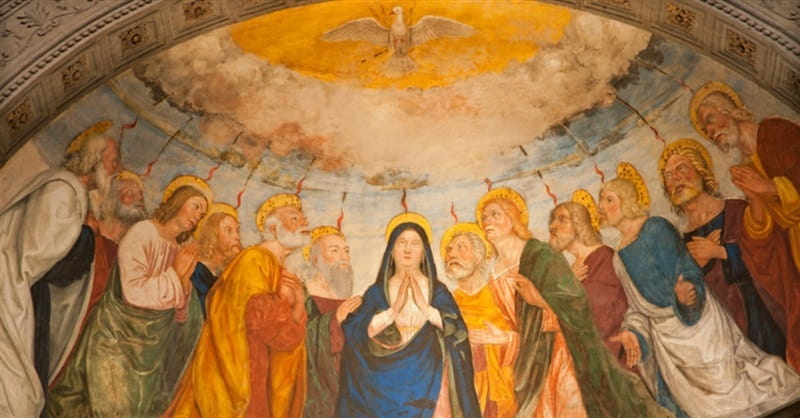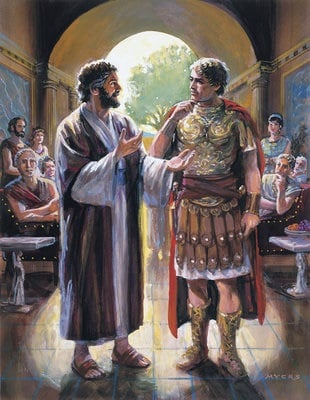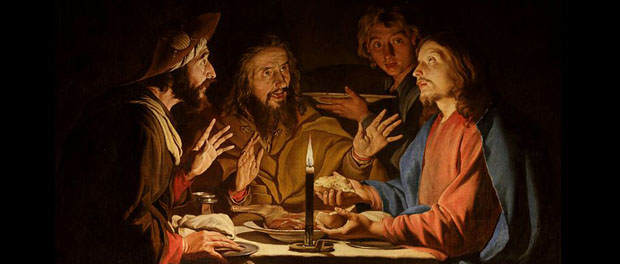Today is a very special day for the Church. Born from the side of Christ, as he lay in the sleep of death on the Cross, the Church was and is today manifested to the world as a society of disciples transformed and empowered by the Holy Spirit. Using, individually and collectively, divinely bestowed charisms and gifts members of the Church share the joy of the Gospel in all nations and cultures of the world. At Vatican II the fathers taught: "The Church, consequently equipped with the gifts of her Founder and faithfully guarding His precepts of charity, humility, and self-sacrifice, receives the mission to proclaim and establish among all peoples the kingdom of Christ and of God. She becomes on earth the initial budding forth of that kingdom. While she slowly grows, the Church strains toward the consummation of the kingdom and, with all her strength, hopes and desires to be united in glory with her King." (Lumen Gentium, 5)
Pentecost is, therefore, not an isolated historical event. It is a process by which the Kingdom of God is established in the world. It invites humanity to be united as one family, in all its diversity, worshiping in the one Spirit: "For just as the body is one and has many members, and all the members of the body, though many, are one body, so it is with Christ. For in the one Spirit we were all baptized into one body - Jews or Greeks, slaves or free - and we were all made to drink of the one Spirit." (1 Cor 12: 12-13) How, you may ask, are we to do this? It is by testifying the power of God in our own lives which speaks to the heart of every human longing regardless of race, social status or way of life: "Amazed and astonished they asked, 'Are not all of these who are speaking Galileans? And how is it that we hear, each of us, in our own language?... In our own languages we hear them speaking about God deeds of power'." (Acts 2: 7-8, 11)
Let each of us be renewed today in our commitment to serve the Gospel in our words and deeds. The peace in our hearts, present despite the anxiety of Covid-19 and economic anxiety bears testimony that we are bearers of the Spirit and heirs to the community gathered in the Upper Room. Thus, we can make the commission given by Jesus our own: "Jesus said to them again, 'Peace be with you. As the father has sent me, so I send you'." (Jn 20: 21)





